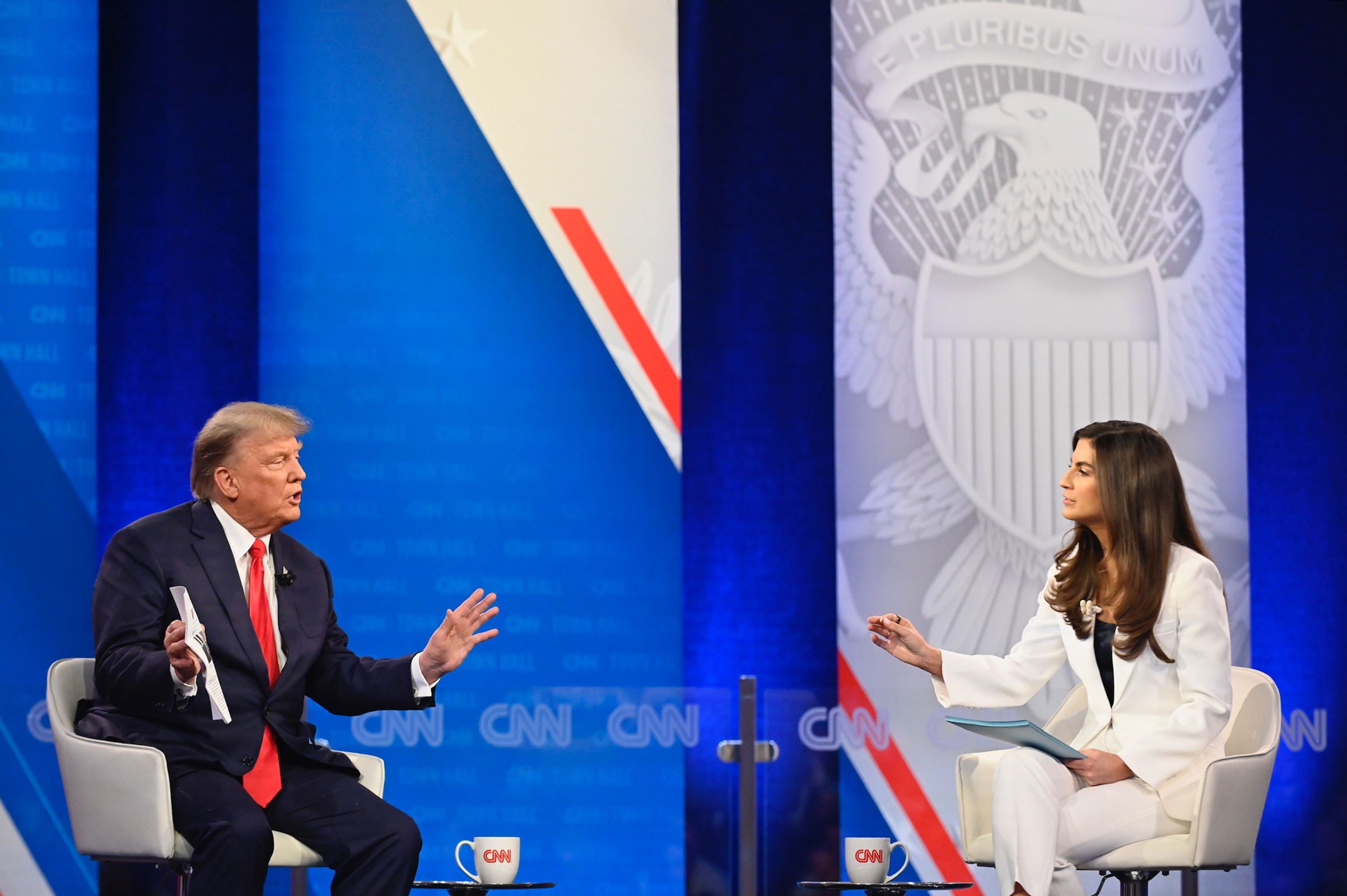US President Joe Biden and top Republican congressman Kevin McCarthy on May 17 stressed their determination to reach an agreement soon to raise the federal government's $31.4 trillion debt ceiling and avoid an economically catastrophic default.
After a monthlong stalemate, the Democratic president and House speaker agreed to negotiate a deal directly on May 16. A deal must be reached and approved by both parties before the U.S. government runs out of money to pay its bills, as soon as June 1.
“We will reach a consensus because there is no other choice. Obviously, this negotiation is about the budget, not about whether we pay our debts. The leaders (of Congress ) have agreed that the United States will not default.”
Deal within reach
For months, Republicans who control the House have insisted that Democrats agree to spending cuts in exchange for a deal to raise the debt ceiling. Both sides have blamed each other for the debt ceiling impasse, which needs to be raised regularly because the government spends more than it takes in in taxes.

US House Speaker Kevin McCarthy and Senator Chuck Schumer talk with President Joe Biden before a debt ceiling meeting in the Oval Office of the White House on May 16. Photo: CNN
But after the latest White House meeting, Mr. Biden said, “I think everyone came to the meeting in good faith.” The president said the budget talks were separate from the debt ceiling issue, but Mr. McCarthy said Mr. Biden “ultimately backed down” from his refusal to negotiate.
Asked by reporters on Capitol Hill whether a debt ceiling deal could be reached by the time Biden returns from Asia on May 21, McCarthy said, “It’s possible.” “We’ll work until we can come to an agreement,” McCarthy said.
The positive comments from Mr. Biden and Mr. McCarthy show that both believe they can get the support of their party's lawmakers.
The national debt currently stands at $31.4 trillion. Raising the debt limit would not allow new federal spending, only payments on spending that Congress has already approved.
The contours of a deal have begun to take shape, but the details of spending cuts and policy changes will determine whether a divided Congress can reach a bipartisan agreement with the White House.
Spending limit problems
Republicans have proposed capping spending growth at less than 1% a year for the next 10 years in exchange for raising the debt ceiling to $1.5 trillion.
Negotiators are also preparing to recoup about $30 billion in unspent Covid-19 aid. Now that the U.S. government has ended its pandemic emergency, it is working on a potential deal on permit changes that would speed up development of energy projects that Republicans and Democrats want, though the details remain thorny.
Democrats, however, are unwilling to accept the 10-year spending cap that Republicans passed in the House bill, preferring to shorten that period.

In a recent press conference, former US President Donald Trump called on the Republican Party to let the US default if the Democrats refuse to cut spending. Photo: CNN
On May 17, Mr. Biden also rejected new work requirements for welfare programs that Republicans wanted in the debt ceiling package.
Expanded work requirements for recipients of the supplemental nutrition assistance program, temporary assistance for needy families and Medicaid have become a sticking point in debt ceiling negotiations between the White House and House Speaker Nancy Pelosi.
“I will not accept any job request that impacts people’s medical health needs,” Mr. Biden affirmed before leaving for Japan to attend the G7 summit.
Meanwhile, Mr McCarthy has defended conservative calls for work requirements, saying they would help the economy and boost the workforce.
If the US defaults, the country's gross domestic product (GDP) would fall by 4% and more than 7 million workers would lose their jobs, according to estimates by the world's leading credit rating agency Moody's. According to Moody's data, even a short-term default would result in the elimination of 2 million jobs .
Nguyen Tuyet (According to Reuters, AP, USA Today)
Source







































































































Comment (0)